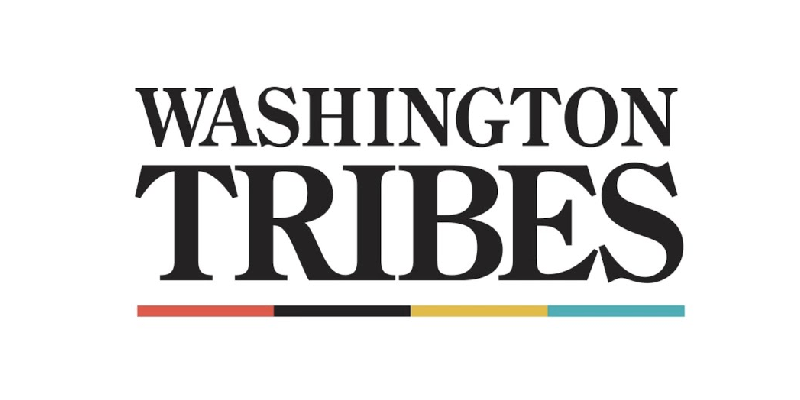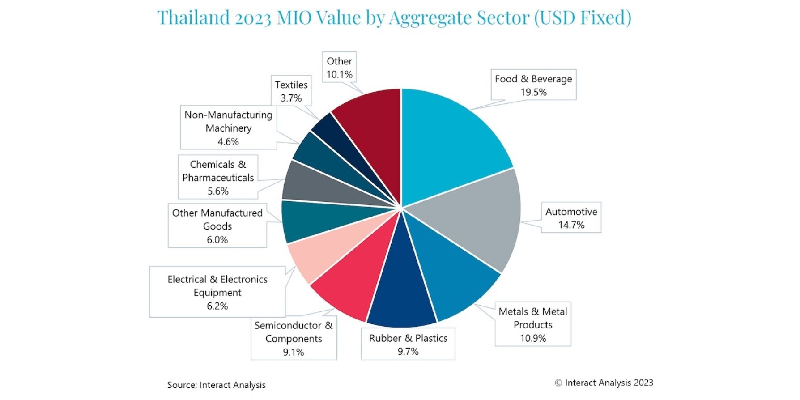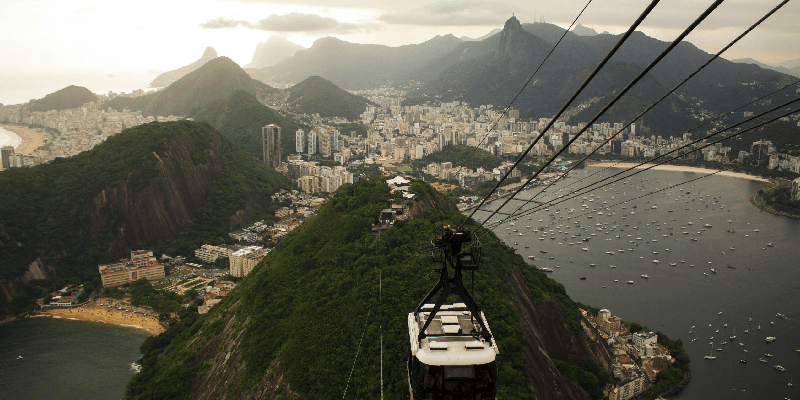
Tribes in Washington are the seventh largest employer in the state.
In 2019, tribes in Washington State produced $6.6 billion in gross state product, according to a research by the Washington Indian Gaming Association (WIGA). In 2020, when the pandemic hit, that number dropped to $5.6 billion.
Economist Jonathan B. Taylor of the Taylor Policy Group, which focusses on tribal economies, compiled the analysis. According to the paper, the 29 tribal governments in Washington State produce $1.5 billion in direct wages and benefits, and $1.2 billion in state and local taxes are attributed to tribe economic activity.
Washington tribes are the seventh largest employer in the state, with 37,371 persons directly employed and 54,000 employment indirectly related to tribes. Outsiders make up 72 percent of the workforce in that industry.
"Tribes are running gaming and other businesses not to generate private profits, but to fund critically needed government services for some of the poorest and most historically marginalised communities in Washington State," stated Rebecca George, executive director of WIGA.
"Improving our state's economy and re-establishing tribal self-reliance are two outcomes of our dedication to responsible gaming and a variety of economic development initiatives spearheaded by tribes."
Approximately 13,000 people were directly employed by tribes in 2004, and the tribal economic impact was $2 billion, according to an examination of tribal economic contributions in Washington.
Public services for both Indians and non-Indians are supported by expanding tribal economies, according to the report. These services include schools, housing programs, health clinics, environmental restoration, infrastructure development, firefighting, and law enforcement.
"The economic and social revival in Indian Country has greatly benefited Washington and will continue to do so for many years."
Last year, the US Department of the Interior authorised new tribal compacts that were agreed upon by Washington with several tribes.
By forming a retail sports betting agreement with the Tulalip Tribes of Washington earlier this year, DraftKings gained access to the Washington market.
While BetMGM collaborated with the Puyallup Tribe of Indians to run retail sports betting at the Emerald Queen Casino, FanDuel Group, which is owned by Flutter Entertainment, is partnering with the Suquamish Clearwater Casino Resort.
The Auburn-based Caesars Entertainment debuted its retail sportsbook at Washington's Muckleshoot Casino in February.
In order for the operator's new Caesars Sportsbook at Muckleshoot Casino to open for business, the Washington State Gambling Commission granted a sports wagering licence.
This followed Caesars's collaboration agreements with the Muckleshoot and Spokane tribes, respectively; the Spokane tribe owns the Spokane Casino and the Chewelah Casino.













